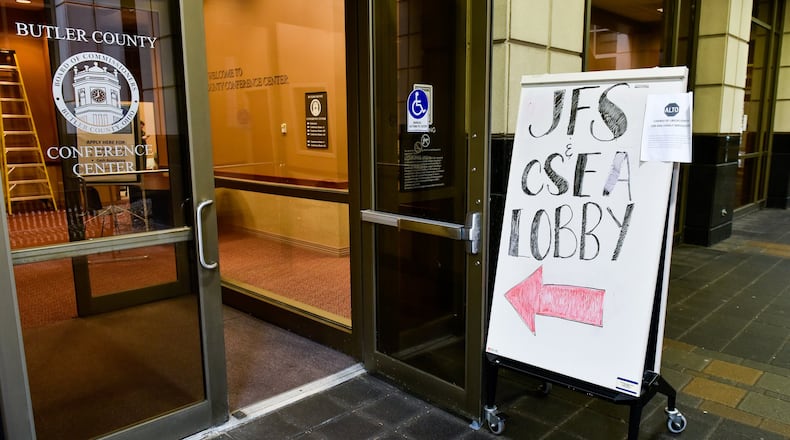The two benefits were tied to the federal PHE so they should be continuing too, she was told Medicaid will continue although she hasn’t been given specific guidance on food stamps, but those supplements have been routinely extended monthly.
Given the current state of affairs Gilbert said it would not be good if the benefits expired on July 15.
“If you think about it right now and these families, kids are almost out of school, they’re not going to have free lunches through the summer,” Gilbert said. “Inflation is high so it’s going to create a lot of stress on families who at this point, this was temporary but it’s been two-and-a-half years, so it’s no longer considered temporary in my mind. They’re reliant on these extra food stamps.”
Finance Director Barb Fabelo said the only numbers they could get from the state on how much they have doled out in COVID-19 food stamp emergency supplements is from March, when $3.3 million of the $6.3 million disbursed were from the emergency supplements. Overall, Butler County spending on food stamps in 2019 was $49.8 million, it jumped to $81.1 million in 2020 and $113.1 million last year.
Terry Perdue, executive director of Shared Harvest Foodbank said they are already experiencing food shortages — they’ve had 28 truckloads of food cancelled over the past four months — and ending the food stamp supplement could have been devastating.
“When people lose these critical benefits that they’ve been depending on for the good part of the pandemic, the duration of that, having that pulled away at such a pivotal moment, when inflation is at its highest in several years, what that does is it would drive more people to our food pantries and we are also experiencing food shortages...,” Perdue said. “If it were to end in July, with all these combined factors we may not have the food necessary to mitigate the issue with SNAP going away and more people turning to us for help.”
As for Medicaid, Gilbert said in April 2020 they had roughly 89,000 people utilizing the pandemic benefit and 106,000 last month. She said they have been having regular meetings with the state on how they plan to recertify Medicaid recipients to figure out who will might not be eligible any longer after the PHE finally expires.
State officials told the Journal-News they had no firm confirmation the PHE was extended, although it has been widely reported. PHE has been extended several times and the U.S. Department of Health and Human Services promised to give states 60 days notice prior to it expiring, that deadline for the July 15 benefit expiration passed last week. Gov. Mike DeWine’s Press Secretary Dan Tierney said the news outlets nationally reporting it has been extended are probably correct.
“They did not provide notice on it so I think it’s a quirky story because the national articles are correct, it looks like it’s been extended but it’s extended through non-action,” Tierney told the Journal-News.
Bill Teets, director of communications for the Ohio Department of Job and Family Services, said they haven’t been formally notified but agreed with Tierney.
“Monday was the day the federal government would have provided the promised 60-day notice if they intended the current PHE to end July 15,” Teets said. “Since that notice didn’t come, I think there is an assumption that there will be another 90-day extension.”
About the Author

